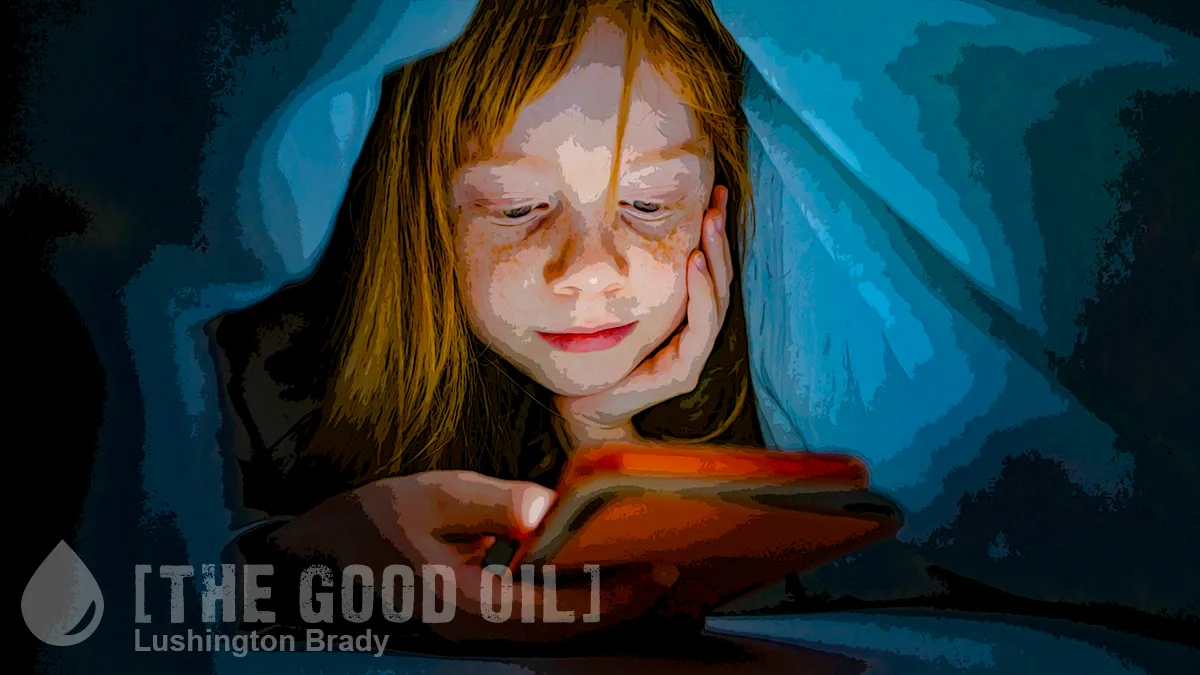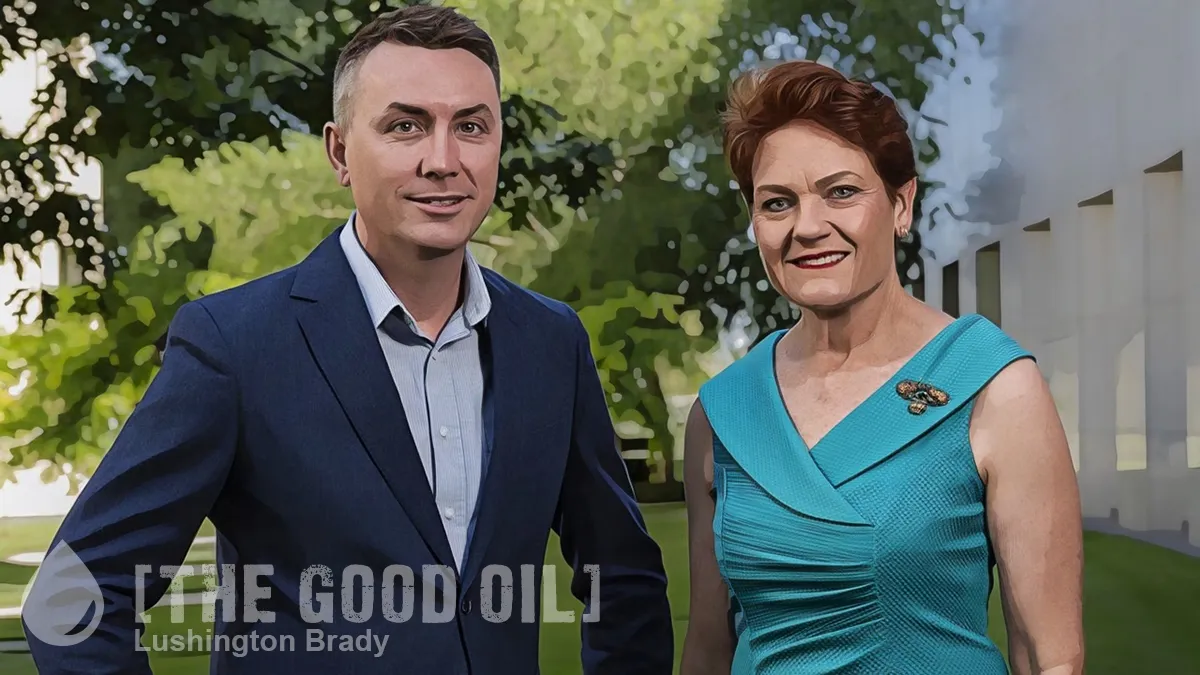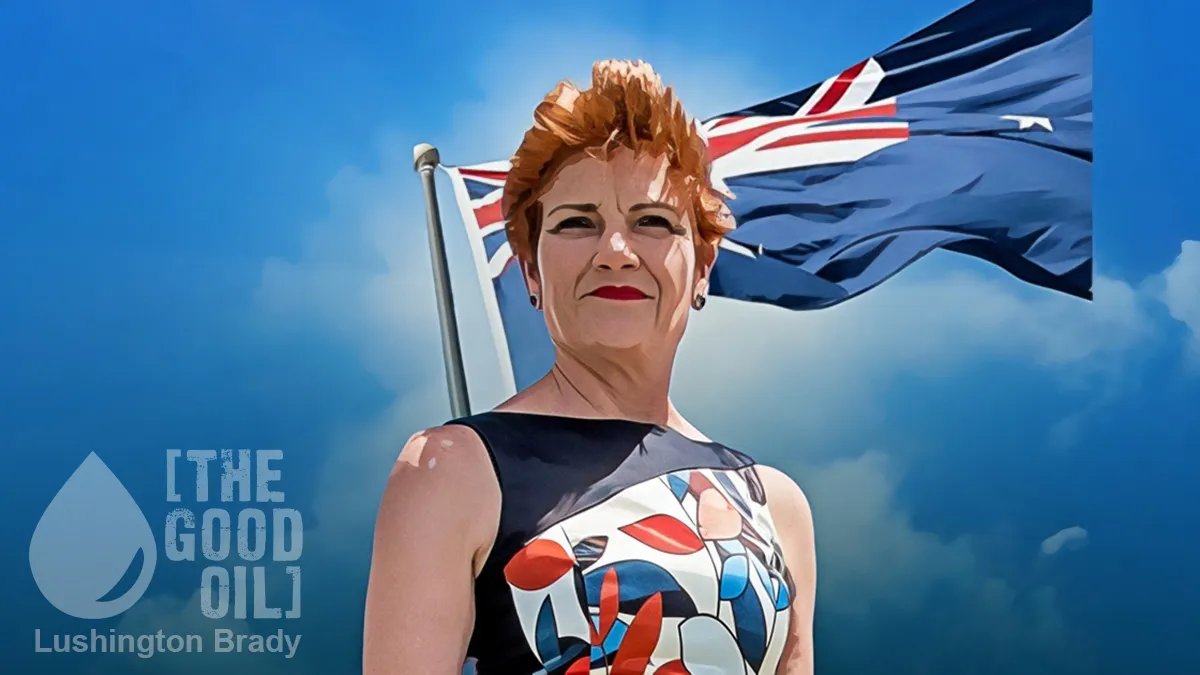Table of Contents
The Albanese government’s Orwellian ‘misinformation’ bill looks likely to be struck down in the Senate. For which all Australians should be duly grateful. The proposed bill is a horror show of outrageous censorship, with a government-appointed Ministry of Truth set to rule what is ‘truth’ and allowed to be spoken in the public sphere. All while exempting those legendary truth-tellers, politicians and mainstream media, from its gimlet eye.
That the bill is such a dog unfortunately detracts from its sole good point: trying to manage minors’ access to social media. While probably largely unworkable in practice, the bill would at least set a standard regarding kids and social media.
Now the Albanese government has announced a new policy: ‘digital duty of care’.
Tech companies will be forced to keep Australians safe and prevent online abuse through a legislated digital duty of care under an Albanese government plan placing new obligations on digital platforms.
Of course, it all depends on what the government deems safe to mean. In the hands of busy-body leftists or even so-called conservative ‘wets’, that will almost certainly mean ‘safe from “right-wing” views’. The principle, though, is not completely un-sound.
Communications Minister Michelle Rowland [said…] “A duty of care is a common law concept and statutory obligation that places a legal obligation to take reasonable steps to protect others from harm. It is a proven, workable and flexible model. This, as part of a growing global effort, will deliver a more systemic and preventive approach to making online services safer and healthier.”
While a model to place the legal responsibility on tech companies to care for its users will be developed quickly, it appears unlikely the government would have enough time to legislate before the election, due by May.
“Legislating a duty of care will mean services can’t ‘set and forget’,” Ms Rowland’s spokesman said. “Instead, their obligations will mean they need to continually identify and mitigate potential risks, as technology and service offerings change and evolve” […]
Ahead of parliament resuming for the final sitting fortnight of the year, on Wednesday night announced the government would impose “strong penalties” on platforms that seriously and systemically breached their duty of care.
Again, while it’s absolutely certain that government and bureaucrats will interpret safer, healthier, harm and risks in any way that strengthens their control, the principle is not entirely wrong.
Social media companies, as we know, are the ‘Big Tobacco’ of the 21st century. That is, they know from their internal research that their products cause harm to minors, yet they try to keep the research secret while they continue to market their products directly to children. Even when their own terms of service are supposed to preclude minors from using them.
If only the language this policy is couched in wasn’t so bureaucratically sinister.
The policy expands the government’s digital strategy, with Labor keen to pass its social media ban for under 16s and crackdown on online misinformation by the end of the year.
“To date, the Online Safety Act has been a crucial tool for incentivising digital platforms to remove illegal content, usually applied remedially and case-by-case,” Ms Rowland said in a keynote address to The Sydney Institute. “However, it does not, in a fundamental sense, incentivise the design of a safer, healthier, digital platforms ecosystem.
“To my mind, what’s required is a shift away from reacting to harms by relying on content regulation alone, and moving towards systems-based prevention, accompanied by a broadening of our perspective of what online harms are.”
But Australians are rightly likely to be shy of anything relating to online content coming from the Labor government. Even their fellow leftists can see it.
Ms Rowland’s announcement came as independent ACT senator David Pocock revealed he would oppose the government’s Combatting Misinformation and Disinformation Bill unless major changes were made, saying as it stood it didn’t adopt the right approach […]
“There’s no doubt mis- and disinformation is causing harm but people are also entitled to their opinion, whatever it may be,” Senator Pocock said. “It seems it is not people with 100 or 1000 followers online saying things but more with social media algorithms that then boost that content to others.”
I’m not a fan of Pocock, so it’s doubly refreshing to hear a left-wing politician nailing the free speech risks of the government’s bill.
“I find it very strange that the government wants to trust these giant corporations who have at best very questionable reputations with deciding what is or isn’t mis- and disinformation.
“The truth is really hard to define and often changes over time, so there’s a risk platforms could just end up unintentionally censoring people.”
And, stopped-clock fashion, even Albo gets some things right.
Anthony Albanese said the government didn’t pretend its proposed ban on under 16s using social media would be easy, conceding there would be “some getting around it”, but parents wouldn’t be penalised as a result.
“The onus will be on social media companies,” the Prime Minister told ABC radio. “Anyone who looks at their feed and the way that the algorithms work, they (tech companies) know more about us than some of our friends and family do.”
That doesn’t give him the licence to try and regulate what we’re allowed to say, though.









